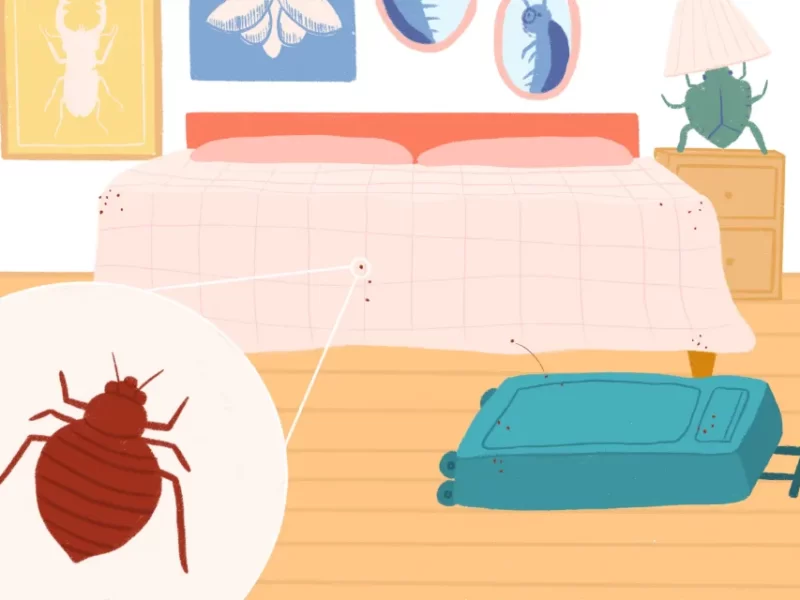This article will provide some advice regarding siblings’ post-parental death rights.
A parent’s death can be emotionally taxing, especially if it was unexpected. If there are complicated estate issues to resolve, it may also be a test of your patience. For instance, there might be disagreements over who gets what if you have siblings.
If one of your parents passes away without leaving a will, their surviving spouse, domestic partner, and children will be the first to receive any inheritance. In fact, siblings won’t receive anything if there is no will unless there are no surviving parents, children, or grandchildren.
Let’s talk about the rights of the siblings in this article after your parents pass away.
What Are Siblings’ Rights After Parents’ Death?
For the purposes of estate planning, each child who is left behind after a parent’s death is regarded as a sibling. The extent of their siblings’ rights and what they can inherit is determined largely by three things:
- Whether the deceased parent left behind a will or trust
- Whether there is a surviving spouse who can also inherit
- State inheritance laws
After a parent passes away, siblings may be entitled to inherit their parents’ assets. The ability of a surviving spouse to inherit, however, may take precedence over those rights.
According to most state inheritance laws, a surviving spouse is given priority over any children. Even if they weren’t mentioned in their parents’ wills, some states allow children the legal right to inherit their estate. However, the majority of states permit parents to leave out the kids of their will, preventing them from inheriting anything.
You Might Also Like: Can A Sibling Prevent You From Seeing An Elderly Parent?
If My Parents Have a Will, What Sibling’s Rights After My Parents’ Death?

When both of your parents pass away, there are frequently many inquiries regarding their estate. What happens to the estate if the parents pass away with a will is a frequent query.
In general, the Will specifies the heirs to the estate and how the estate will be distributed. If your name appears as a beneficiary in your parent’s will, you have rights that must be honored.
You might be able to challenge the will if you were an heir who wasn’t specifically mentioned in it.
To do so, submit a petition to the court along with proof of the reasons the will shouldn’t be upheld. Among the most frequent justifications for contesting a will are claims of fraud, undue influence, or lack of mental capacity. In the event that this occurs to you, you might want to think about hiring a lawyer to represent your interests.
If My Parents Without a Will, What Sibling’s Rights After My Parents’ Death?
The state’s intestacy laws would govern how the estate is divided if both of your parents passed away intestate (without a will). Usually, the siblings are given custody of any minor children. In addition, they receive equal shares of the estate according to state intestacy law.
Your siblings and you will typically each receive an equal share of the estate, though state laws on this subject vary. The surviving spouse and your half-siblings may be eligible for a share of the estate if your deceased parent remarried.
Adopted children have the same legal claim to a parent’s estate under intestacy law as biological and married children.
If your parents died without a will, the intestate property passes in the following order:

- Spouse
- Descendants (children or grandchildren)
- Parents
- Siblings (and children of deceased siblings)
In the majority of states, including Florida, this is a typical occurrence.
How Does a Will Determine Siblings’ Rights After Parents’ Death?
A will is a legally binding document that enables the maker to designate how they want their property to be divided upon death. States have different laws governing will-making, but if someone dies with a will in place, that document is used to determine how their estate will be distributed.
In the event that both of your parents pass away, their estate will be divided between you and your siblings in accordance with their wishes as stated in their will. Parents may choose to do this in a variety of ways. Here are a few examples of how a parental estate may be split among siblings:
- While their siblings divide any remaining estate assets, one child inherits the house and all of its contents.
- The executor divides the sale proceeds equally among the siblings after selling the house and all of its contents.
- The estate distributes specific items or assets of equal value to each sibling.
- To the exclusion of any other siblings, one child inherits the entirety of the parent’s estate.
These are merely a few options for dividing an estate among siblings. These illustrations presuppose the demise of both parents. The division of property may look very different in cases where there is a surviving spouse.
For instance, the will may designate the surviving spouse as the sole inheritor. In that scenario, the siblings would not be given anything from the estate of the deceased parent while the surviving spouse was still alive.

However, if the surviving spouse leaves behind any assets for their children, they might still inherit when they pass away. When siblings do not all have the same parents, estate planning can become even more difficult.
For instance, if your father remarried after divorcing your mother in middle age, their will might also need to take into account any additional children they had with their new spouse. The inheritance laws of your state will determine whether those half-siblings inherit equally with you.
When Should I Contact An Estate Attorney?
You should speak with an estate lawyer as soon as possible if you have been left out of a sibling’s will or if your sibling passes away without leaving a will. You have a better chance of obtaining your legitimate inheritance the earlier you seek advice.
Although you typically cannot contest inheritances granted in accordance with California’s intestate succession laws, you might be able to submit a claim to receive more than your required intestate share. An estate lawyer can explain your legal options to you and give you guidance on how to proceed based on the merits of your case.
Read More:
Conclusions
There won’t be anyone to look after you and your siblings after your parents pass away. In addition, if your siblings don’t communicate well with one another, a dispute over your parents’ assets will eventually arise.
As previously stated, the best and safest course of action is to have a will. Even so, if there isn’t a will, the siblings should make every effort to communicate clearly, base decisions on one another’s opinions, and divide the parents’ possessions equally.



